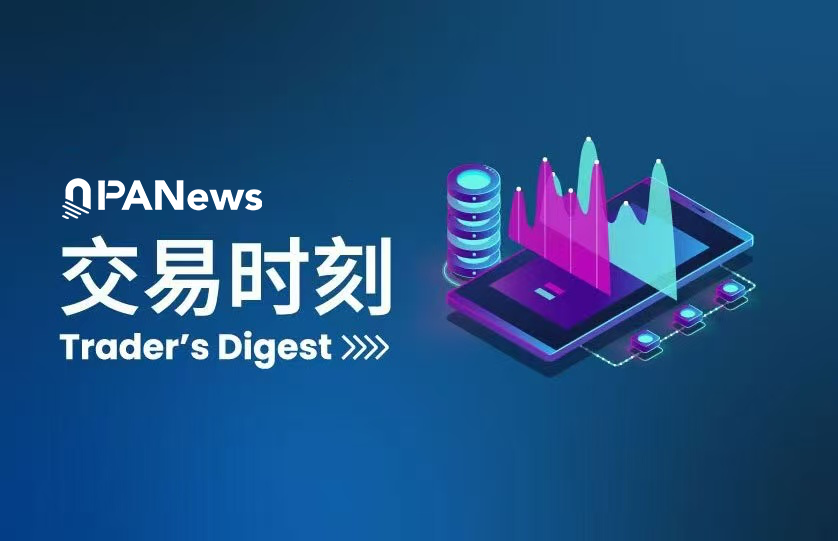UXLINK fully supports Ethereum's EIP-7702 upgrade, leading Web3 social infrastructure into a new stage with dual-core contracts
On August 13, 2025, UXLINK, the world's leading AI-powered Web3 social infrastructure platform, announced support for Ethereum's latest revolutionary upgrade, EIP-7702, and the simultaneous release of two core Solidity smart contracts: UX7702Delegator and UX7702ValidatorProxy. This milestone will not only significantly improve the efficiency and security of on-chain user interactions, but also inject new energy into the entire Web3 social ecosystem, marking a new chapter in the industry's development of account abstraction and smart contract interaction.
Against the backdrop of the rapid evolution of the global Web3 ecosystem, the efficiency, security, and scalability of on-chain interactions are becoming key factors driving the next wave of industry growth. The launch of EIP-7702 signifies that Ethereum is moving toward a more flexible, scalable, and user experience-centric interaction model. UXLINK, a pioneer in the social infrastructure space, is demonstrating through concrete actions that the deep integration of technology and ecosystem can bring about a qualitative leap in the industry.
Dual-core architecture: Collaboration between Delegator and ValidatorProxy
The UX7702 Delegator, a core contract proxy, is designed to minimize user interaction steps with the blockchain. By supporting batch calls to multiple smart contract instructions, it not only reduces gas costs but also makes complex on-chain operations as simple as "one-click execution."
-
EIP-712 structured data signature: ensures that the signature information cannot be tampered with and is easy to verify, adding the first lock for interactive security.
-
Atomic multi-operation execution: During the execution process, if any operation fails, the system can automatically roll back the entire operation to ensure the consistency of the on-chain state.
-
ERC-1271 compatibility: This gives it cross-standard integration capabilities, making it easier to work with more signature verification models.
UX7702ValidatorProxy is the core line of defense for security, serving as the hub for signature verification and permission management.
-
Pluggable verification module: not only supports existing algorithms, but also reserves interfaces for future access to advanced signature algorithms such as BLS and Schnorr.
-
Multi-dimensional Nonce system: Get rid of the limitations of traditional single incrementing Nonce and support concurrent transactions without sacrificing security.
-
On-chain + off-chain double verification: Combined with real-time metadata validity detection, it prevents malicious calls and abnormal data from entering.
This "dual-engine" architecture not only ensures operational efficiency, but also strengthens security from the source, providing solid infrastructure protection for developers and users.
Technological breakthroughs and security lines of defense
UXLINK overcame several core challenges in implementing EIP-7702:
-
Secure isolation of batch execution: Relying on the atomicity of EVM transactions, it ensures full chain rollback when any call fails.
-
Composite signatures and permission stratification: Through a flexible permission model, multi-level signatures and authorization delegation are implemented to meet the needs of enterprise-level and high-security scenarios.
-
AI-driven real-time security auditing: Introducing the third-party ChainSpecter AI auditing tool to perform both static and dynamic dual detection of contracts deployed on Arbitrum One, identifying and flagging potential security risks in real time.
It's worth noting that AI auditing isn't just a one-time security check, but a continuous, intelligent defense system. Its machine learning model continuously updates protection strategies and responds to the latest attack methods in real time, meaning developers no longer need to worry about risk exposure due to security delays.
Co-evolution of EIP-7702 and EIP-4337
UXLINK does not view EIP-7702 as a single technical node, but rather integrates it into the overall evolution path of account abstraction:
Traditional EOA → EIP-4337 Account Abstraction → EIP-7702 Smart Contract
This design allows users to directly enjoy a faster, safer, and more flexible on-chain experience without having to learn obscure new rules or migrate accounts or assets when their experience is upgraded.
Industry Significance and Future Outlook
The implementation of EIP-7702 is not only a technological upgrade for the entire Web3 industry, but also a dual leap in user experience and ecological value:
-
Ultimate experience: Transaction batching and gas fee sponsorship make complex on-chain interactions as smooth as Web2 applications.
-
Ecological compatibility: Fully compatible with account abstraction protocols such as EIP-4337, providing underlying support for a diverse decentralized application ecosystem.
-
Security and confidence: AI auditing reduces contract risks and enhances long-term trust between developers and users.
UXLINK firmly believes that the evolution of infrastructure is the core force driving the industry forward. As decentralization, AI, and cross-chain interoperability gradually become industry consensus, UXLINK is not only building a toolset but also laying the foundation for the future of Web3 social civilization. "This is not just a technological upgrade, but also a gathering of industry confidence," said the UXLINK team. "We see a more open, intelligent, and secure Web3 world taking shape, and this time, UXLINK will work with all builders to make it a reality."
Open Source and Global Collaboration
UXLINK has open-sourced the entire EIP-7702 contract code on GitHub ( https://github.com/UXLINK/uxlink/tree/master/contracts/EIP-7702 ) and extends a sincere invitation to developers worldwide to review the code, submit contributions, and build a collaborative ecosystem. Going forward, the team will continue to promote the deep integration of AI security tools with Web3 infrastructure, ensuring that security and efficiency are no longer bottlenecks in blockchain development, but rather its most solid defenses.
También te puede interesar

PA Daily | PumpFun’s annual fee income exceeds Ethereum; Trump made it clear that he will not seek a third term

Moonshot launches on Gorbagana ($GOR)
